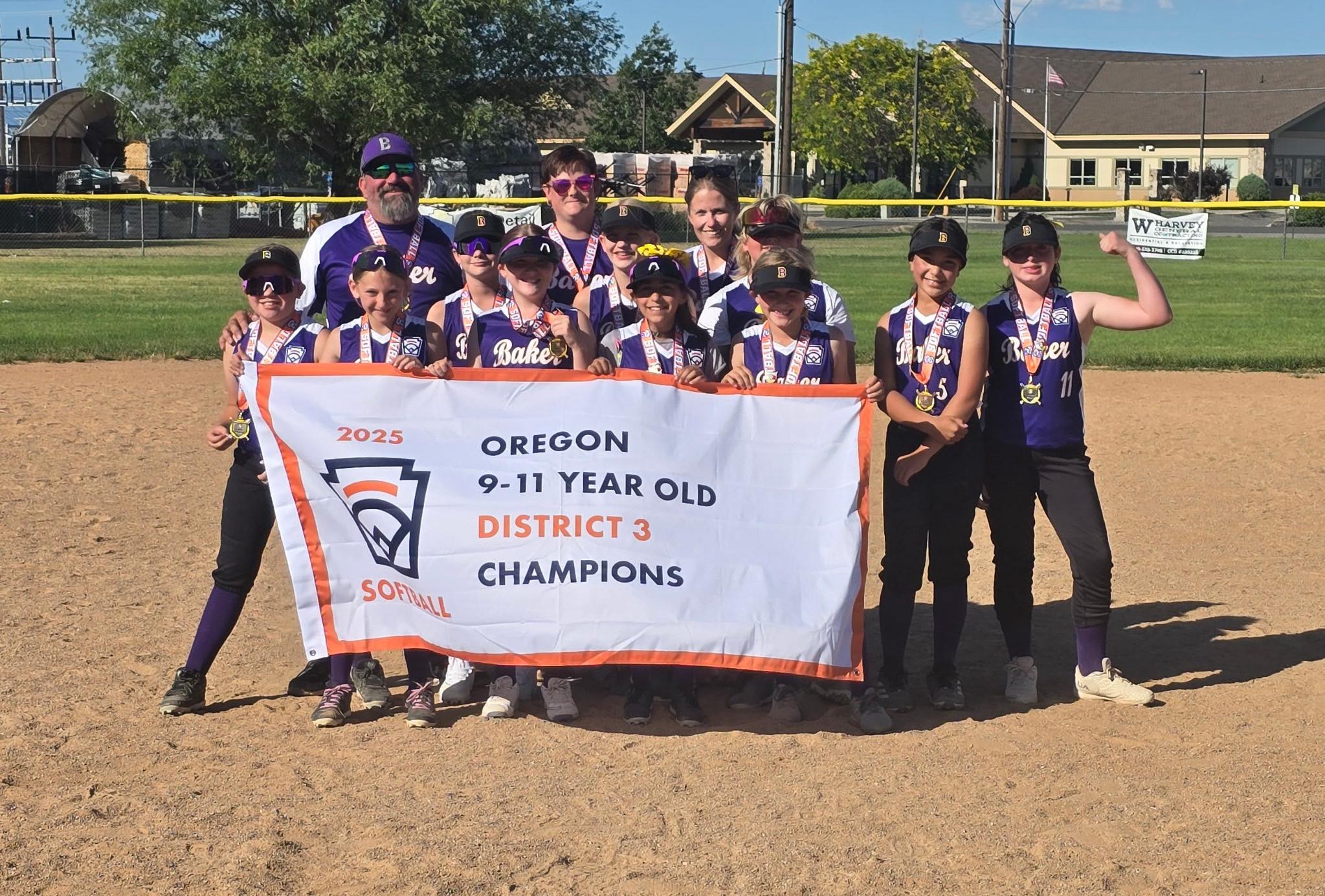COLUMN: The future of AI, and pondering a distant battle
Published 12:00 pm Friday, June 30, 2023
I’m not worried that artificial intelligence will suddenly tire of tinkering with its algorithms and exorcise its boredom by destroying humanity.
Although that would be nothing if not interesting.
Lasers would be involved, I suspect.
Also the sort of scene without which a high-tech thriller movie would be bereft — someone sitting in front of a monitor, typing frantically in an attempt to hack into a mainframe or upload the program that will save millions of lives.
But my optimism that the human race’s ultimate fate lies elsewhere doesn’t mean I’m sanguine about our increasing reliance on microprocessors to spare our brains for vastly more important tasks such as watching TikTok videos.
I listened to a podcast the other day that explored some of the common uses of AI.
I came away with the general impression that the current trend, if it continues, might well leave future generations incapable of writing a coherent sentence any time lightning strikes nearby and fries the router.
(Or somebody forgets to pay the internet bill.)
As with almost all human endeavors, both mental and physical, we become better writers with practice. AI, though, seems to hold the promise of obviating the need for such toil by just giving us the words, allowing putative authors to put their name at the top and have done with it.
I pity English teachers and professors.
Although the internet has of course been an unprecedented boon for plagiarists, at least instructors could catch the worst offenders without greatly straining their perceptive powers.
A freshman who can’t distinguish between a Shakespearean sonnet and a Fitzgerald novel, for instance, but who in a term paper rhapsodizes about “The Catcher in the Rye” as a “haunting examination of postwar angst” isn’t likely to get away with an A.
AI is considerably more clever, capable of producing prose that isn’t obviously stolen because, well, it wasn’t.
Moreover, the unique nature of each piece of AI-penned writing would likely thwart skeptical teachers who seek to expose their laziest students by searching online for frequently used sentences or paragraphs.
Yet as powerful as technology is, I’m not completely pessimistic.
I think the better teachers will continue to reach students — especially students who have grown up in homes where books are plentiful and writing is celebrated — and introduce them to the inimitable pleasure of crafting sentences which bring the reader the same sort of joy that a fine melody does.
I don’t believe any student who has discovered the essays of E.B. White, for instance, that master of cadence and rhythm, will ever forsake it for the saccharine concoctions of the microprocessor.
Nor am I convinced that AI could ever create anything but an ersatz version of the sort of prose that White and other gifted writers have given us. Their work requires both innate talent and sheer dogged determination to grapple with the intricacies of how syllables sound when they share space in a sentence. These, it seems to me, are inherently human qualities, the fruit of an organic brain rather than a sterile silicon chip.
I hope too that the proliferation of AI-created or assisted communication, which seems all but certain to continue and even accelerate, will eventually provoke a counterreaction.
I hope that people, even as they lean on the crutch that AI provides, will also gain a new appreciation for the pure and simple act of talking to others, of hearing familiar voices free of digital interference.
■ ■ ■
As June gives way to July I tend to think, at some random moment, of a place I have never seen, and what happened there more than half a century before I was born.
July 1 has no special significance in America.
But in Great Britain the date has resonated for more than a century.
Ever since 1916.
Ever since the Battle of the Somme.
The battle’s first day, in particular.
On that early summer morning in the Picardy region of northern France, somewhere around 100,000 British soldiers climbed out of their trenches and advanced east toward the German line.
Walked, to be specific.
The British could hardly do otherwise, burdened as they were with 60 pounds or more of gear.
Some barely made it a few paces before they were hit by German bullets.
Others strolled most of the way across No Man’s Land, where they were felled by bullets and artillery shells.
Within what historians estimate was just a few hours, about one in five of the men — 20,000 in all — were dead.
It was the greatest slaughter the British Army had suffered in a single day.
It still is.
I have read many accounts of that morning, some from survivors.
But whenever I try to imagine what it must have been like, there among the poppies and the shrapnel and the machine gun bullets, I realize the futility.
Yet still I wonder.
In any season.
But always on July 1.








